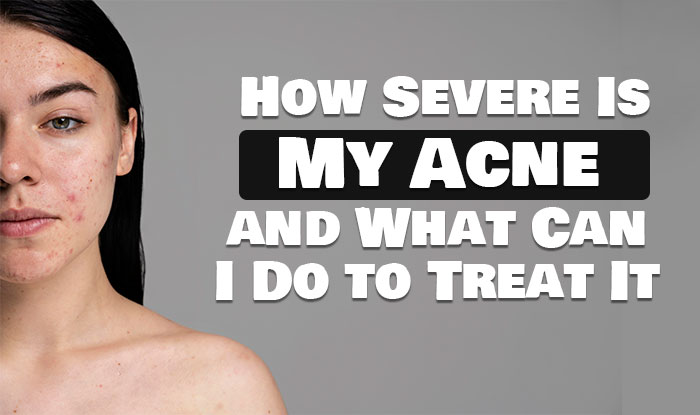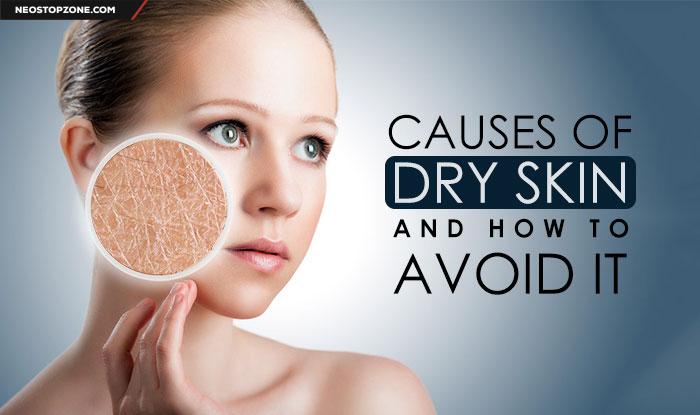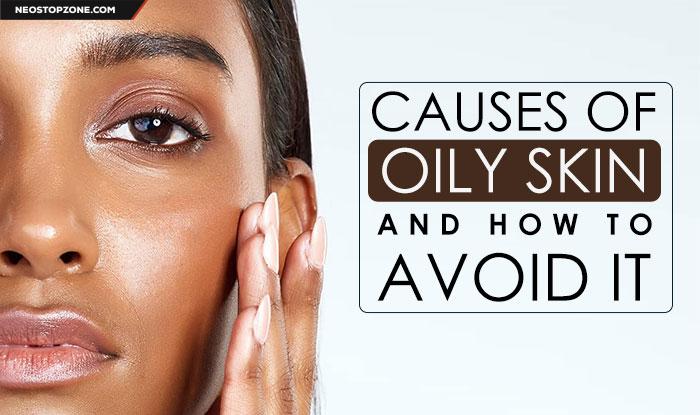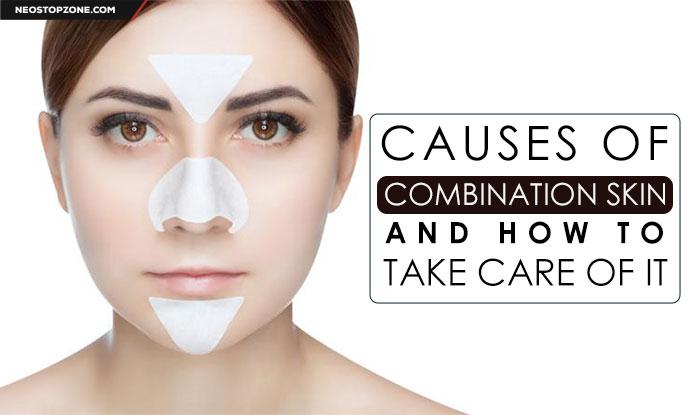Severe Acne Symptoms and Treatments
symptoms of severe acne
What separates severe acne from mild forms is the amount of inflammation. You will have lots of papules, pustules, and comedones, but you will also have nodules, cysts, or both. The spots often feel like they are in deeper layers of the skin, and they can be painful.
Severe acne can occur at any age and in both men and women. In addition to the face, breakouts can occur on your back, neck, chest, and shoulders.
While severe acne usually means inflammation, some people have severe comedonal acne instead. The difference is that instead of swollen nodules and cysts, you’ll have lots of non-inflamed blackheads and closed comedones. Then, there will be a large number of breakouts and they will be widespread.
How can you tell if your acne is severe?
Here are some signs that your acne falls into the severe category. Do any of these statements describe your skin?
- Your blemishes are widespread and cover a significant part of your face and/or body.
- You have a lot of redness and swelling on your skin.
- Many of your blemishes are deep, swollen, and painful.
- You have a scratch.
- Over-the-counter (OTC) treatments have done nothing to improve your skin
If this sounds familiar, you may have severe acne. Sometimes it’s hard to determine where your acne falls on the severity scale; Okay. If you’ve tried OTC acne treatments for 12 weeks with little or no improvement, it’s time to see a dermatologist, no matter how severe your acne is.
Treatment for Severe Acne
Severe acne easily leads to scarring, so it’s important that you get treatment right away. But this type of acne will not respond to any over-the-counter treatment. Don’t even waste your time and money there. Instead, go to a dermatologist as soon as possible. Severe acne must be treated aggressively, often with several medications, to bring it under control.
There are many treatment options that can help improve even severe acne, but it probably won’t be a quick or easy affair. It takes time and careful treatment to get your acne under control. Be prepared to follow the treatment that your dermatologist has prescribed for you.
Severe acne can damage both the skin and the psyche. This type of acne often causes scarring, even with careful treatment. Once your acne is largely under control, your dermatologist can help you design a treatment plan to repair the scar.
Don’t underestimate the way acne of any severity can demoralize and isolate them. Acne can definitely lower your confidence. Getting treatment can help you feel better. But if you think acne is affecting your life as a whole, ask your doctor for help.
Severe acne is a difficult problem, but it can be managed. If you take the time, work with your dermatologist, and follow your treatment plan faithfully, you can achieve significant improvement in your skin. Don’t give up – there is hope.



